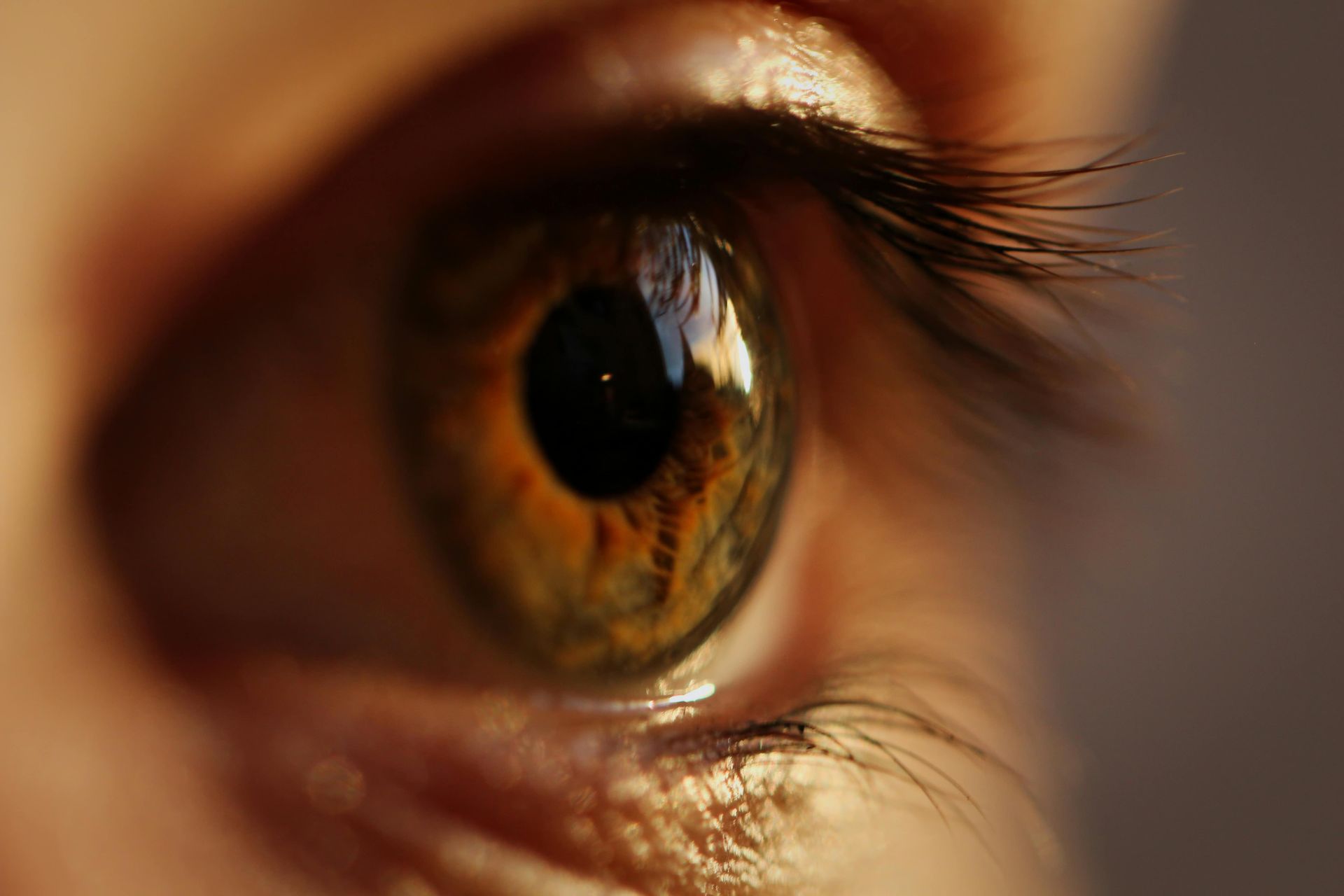TREATMENT
VITRECTOMY
Price from: £2,950
A vitrectomy is a delicate eye surgery performed to remove the vitreous gel, the clear, jelly-like substance that fills the inside of your eye, to treat conditions affecting the retina (the light-sensitive layer at the back of the eye).
This procedure allows the surgeon to repair damage, remove scar tissue or blood, and restore or protect vision.
Conditions Treated with Vitrectomy
Vitrectomy may be recommended for a variety of retinal and vitreous problems, including:
- Retinal detachment
- Macular hole
- Epiretinal membrane (macular pucker)
- Vitreous haemorrhage (bleeding inside the eye)
- Diabetic eye disease
- Severe eye trauma or infection
- Removal of floaters (in selected cases)
2-6 WEEKS
DEPENDENT ON TREATMENT

RECOVERY
ANAESTHETIC
LONG TERM

DURATION
1-2 HOURS
TIME TAKEN



TIME TAKEN
DURATION
ANAESTHETIC
RECOVERY



1-2 HOURS
LONG TERM
GENERAL ANAESTHETIC
2-6 WEEKS
During a vitrectomy the surgeon will make small incisions in the eye so that the vitreous can be removed. This will allow the surgeon to access the membrane at the back of the eye, so it can be gently pulled away. A small bubble of air is often left inside the eye, which is reabsorbed by itself and replaced with your eyes’ natural fluids. The wounds often seal themselves, but a small dissolvable stitch can sometimes be used to help this. This procedure is often considered when everyday activities such as reading, driving, and working become affected.
Our ophthalmology treatments are usually carried out under local anesthetic. If you are nervous about the treatment, a mild sedative can often be given to reduce the anxiety. Of course, if you would like to be fully asleep, this can also be facilitated. The operation takes about an hour, and doesn’t hurt. You can’t see for a few days following the operation, until the air bubble disappears. The vision improves quickly, and continues to improve over the following few months. Our expert surgeons will talk you through your expected journey and expected outcomes.
LEARN MORE ABOUT VITRECTOMY SURGERY
QUESTIONS ABOUT VITRECTOMY SURGERY
-
Will I be able to see immediately after vitrectomy?
The contracting tissue at the back of the eye can cause the macula to stop working properly, which leads to significant difficulties with visual activities. However, this condition does not usually cause total blindness.
-
Can both eyes be treated at once?
Usually, only one eye is treated at a time for safety reasons.
-
How soon can I fly after vitrectomy?
If a gas bubble was used, you must not fly or travel to high altitudes until your surgeon confirms it is safe — doing so can cause serious eye damage.

RELATED TREATMENTS
WOULD YOU LIKE A LITTLE EXTRA HELP?
If you’re not sure what treatment you need, or you would just like a chat to get some advice, give our team a call or drop us a message and we’ll be happy to help.






